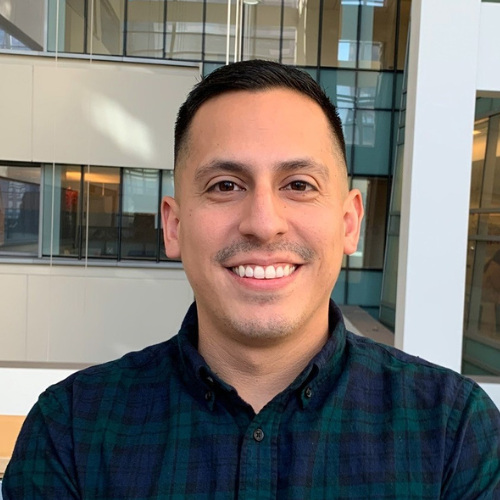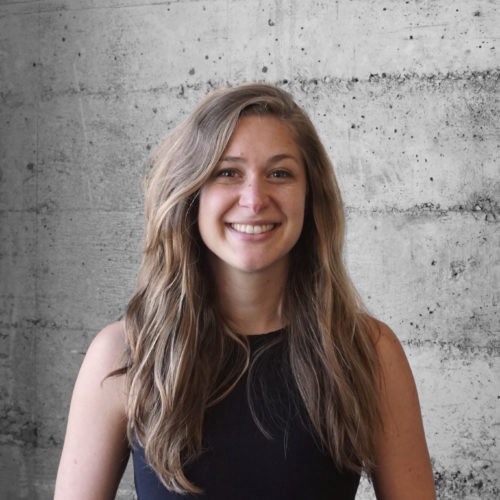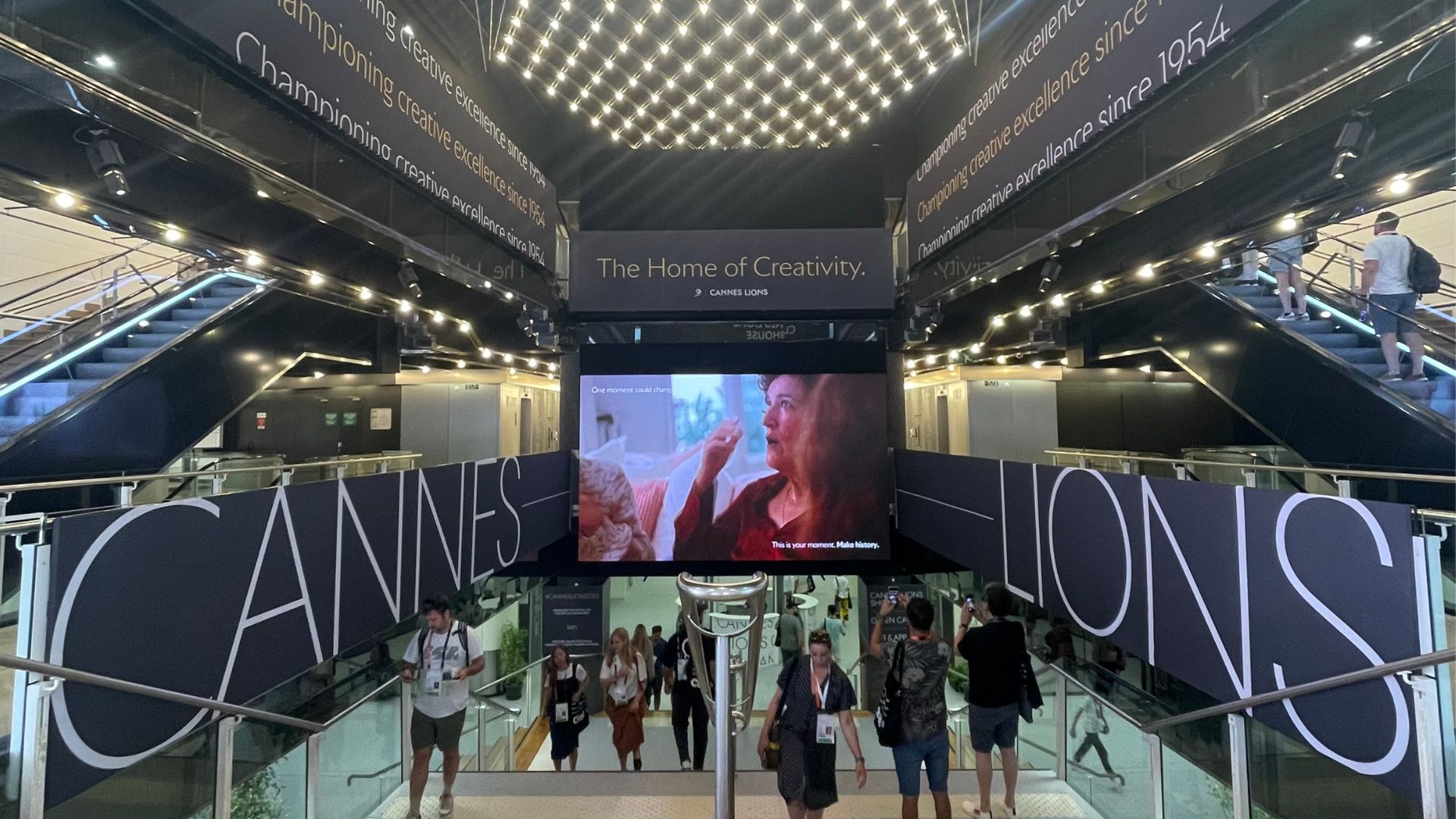Reflection is something that is often spoken about at the end of the year, when we look back at what we’ve achieved and set plans for the year ahead. However, reflecting at work is something that we should all do year-round. Mid-year is another intuitive time to pause for some inward thinking. In fact, research shows that reflection is something we should do frequently in life. Why? It boosts performance by helping us learn.

Taking the time to pause and reflect on ourselves helps us untangle mistakes and create meaning. One study found that employees who took 15 minutes to reflect on what they learned at the end of the day performed 23% better after 10 days compared to employees who did not. In another study, employees who reflected during their commute showed increases in happiness and productivity and decreases in burnout.
Productive reflection isn’t just about thinking though—it involves intentional analysis of our beliefs and actions. At Ketchum, we introduce many moments with our employees for them to reflect, whether that’s with our pulse surveys, our career conversations between managers and staff, feedback after training sessions, recognizing achievements through our Recognize app or in a more informal manner. However, we also encourage self-reflection, which is an incredibly useful tool in helping to learn and establish personal goals and growth.
If you would like to practice self-reflection at work, the following steps from Harvard Business Review are a great place to start:
- Identify important questions ahead of time. For example, you can ask yourself the following questions: How could I have been more effective on my most recent project? How am I supporting my colleagues in doing their best work? How am I hindering them?
- Schedule time on your calendar. Most of us won’t reflect at work unless we actively create time and space to do so. Setting a recurring 15-minute reminder might help keep you accountable— it’s a great end of the week activity!
- Select a reflection process that you enjoy. You can journal, chat with a colleague, take a walk, reflect on your commute home, or even reflect from the comfort of your bed – pick whatever works best for you!
- Don’t overdo it. Start with reflecting for 10 minutes. Reflection is like meditation, most of us are out of practice and not ready to jump into a full 30-minute session on day one.
As we move into the second half of 2022, we’re taking a reflection moment to be proud. Proud of keeping employee engagement and experience at the heart of what we do and proud of the learning opportunities we are producing. What are you proud of?
If you would like to speak to our team about how you can establish a culture of learning and reflection in your workplace, get in touch.




